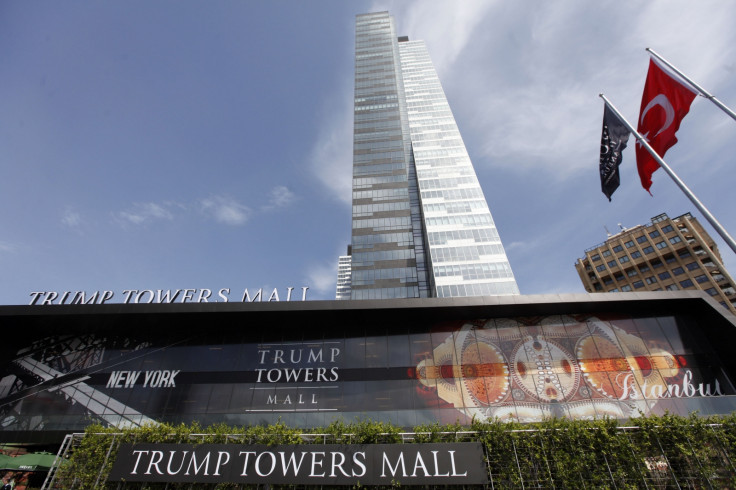Trump asked to 'stand with Turkey' against Isis and Kurdish fighters in first call with Erdogan
The American president said the countries share a commitment to fight terrorism.

American President Donald Trump reassured his Turkish counterpart Recep Tayyip Erdogan on the US support for its Nato ally in the fight against the Islamic State (Isis) in the Syrian cities of al-Bab and Raqqa.
The two presidents spoke on the phone in the evening of 7 February, and for the first time since Trump's inauguration. Trump focused the conversation on the "shared commitment to combating terrorism in all its forms", a White House statement reported by Reuters said, but no further details were given.
Turkish officials quoted by the Associated Press said Erdogan requested the US "stand with Turkey" in its struggle against the Gulen movement and end its support of Syrian Kurdish fighters.
Trump reportedly discussed the US' wish to cooperate closely with the country on regional issues, such as the refugee crisis and the fight against the militant group in its strongholds of al-Bab and Raqqa in northern Syria.
The officials did not say if the Turkish president, who had previously criticised the then-candidate for his plans to ban Muslims entry the US – he also called for his name to be removed from Trump Towers Istanbul – raised the issue of the travel ban from seven predominantly Muslim nations during the 45-minute call. They said the conversation was "positive and conducted in a sincere atmosphere", with the leaders agreeing to meet soon.
CIA director Mike Pompeo is expected to discuss the thorny issues raised by Erdogan and other security matters in a visit to the country on 9 February, although Reuters said there had been no official confirmation of the visit at the time of writing.
In August, Turkey demanded the US to extradite of cleric Fethullah Gulen, who is believed to be behind the failed coup attempt in July. The Turkish government has also expressed vocal in its criticism of former President Barack Obama's "shameful" support for the Kurdish fighters, who have launched an operation to retake the Isis-controlled Raqqa, the capital of the so-called Islamic caliphate in Syria.
Turkey considers Syrian Kurdish forces such as the Partiya Yekîtiya Demokrat (PYD) and Popular Protection Units (YPG) to be terrorists due to their ties to the outlawed Kurdistan Workers' Party (PKK). While the US recognises the PKK as a terror group, it considers the Kurdish fighters crucial partners in fighting IS militants.
With the arrival of President Trump, Turkey may be able to reshape the terms of their alliance.
The Associated Press quoted Foreign Minister Mevlut Cavusoglu: "We told the previous administration not to rely on or trust a terror organization to fight an organization like Daesh. We said it would be a mistake but we were not able to get them to listen."
Speaking at a joint news conference with his Saudi counterpart in Ankara, Cavusoglu suggested that members of the US-led coalition against Isis could send special operation teams to seize Raqqa from the extremists, without relying on the Syrian Kurdish fighters. "The operation in Raqqa should be conducted with the right (groups) not with terror organisations," he reiterated.
© Copyright IBTimes 2024. All rights reserved.






